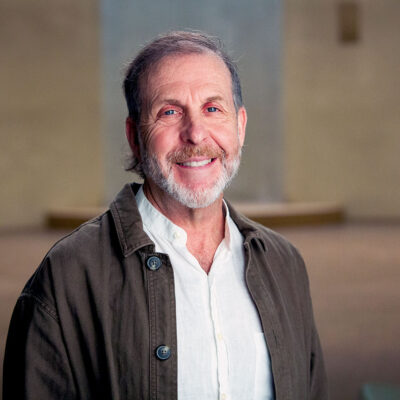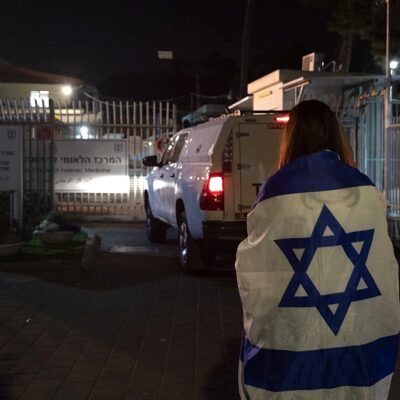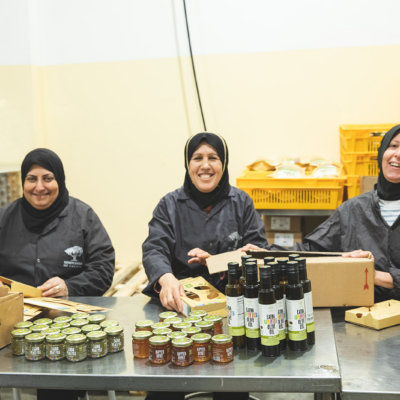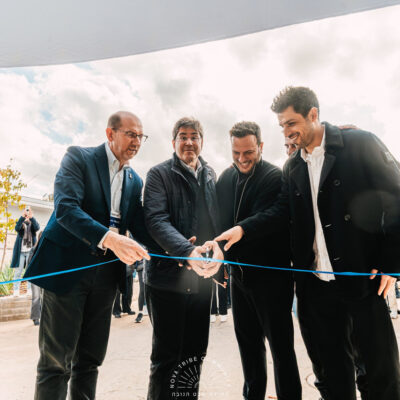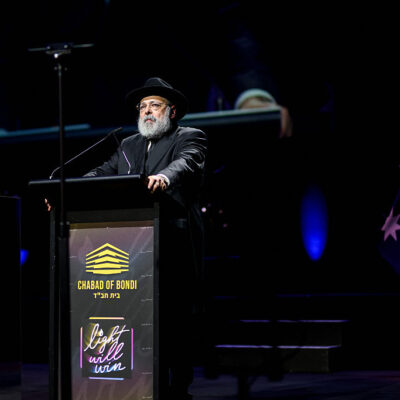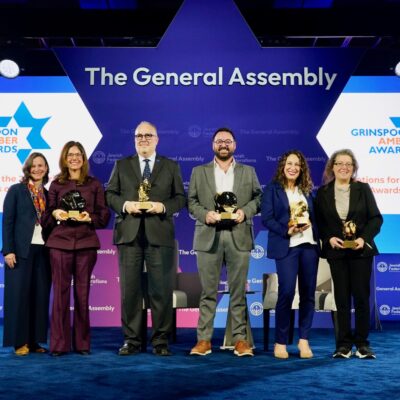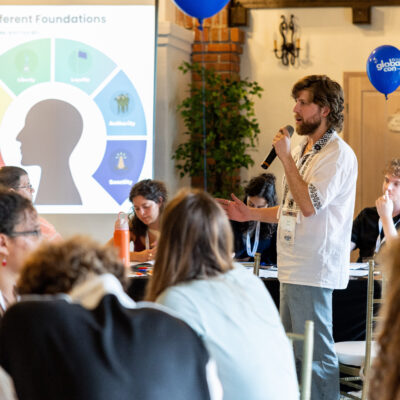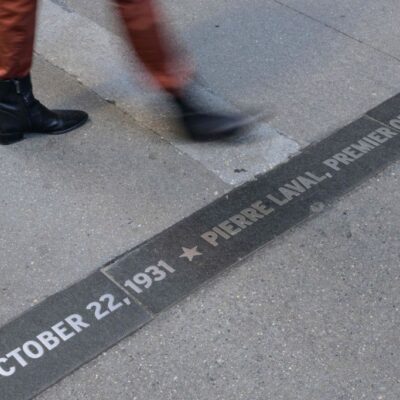Opinion
BACK TO SCHOOL
This JCRC has a plan for fighting antisemitism in K-12 schools
Last year was a deeply challenging time for Jewish students and families across the Bay Area. The Oct. 7 attacks and the events that followed brought Jewish identity, the geopolitics of the Israeli-Palestinian conflict and antisemitism to the forefront in our schools. As we begin the new school year, we have an opportunity to level set and proactively build on the groundwork we laid last year to ensure that Jewish and all students feel welcome and heard in their school districts. We want all Jewish teachers, students, and parents to know that they are not alone and that there are ample resources and experts to support them in the coming year. While there are no silver bullets to resolve the climate in many of our schools, we have several strategies at our disposal to meet the challenges at hand.
First, we must continue to strengthen our relationships with and provide education to administrators, educators and families at public, private and independent schools in over 250 Northern California school districts and nine county offices of education.

Pictured at a meeting with parents of San Francisco public school students (from left): Matt Wayne, San Francisco Unified School District (SFUSD) superintendent; Lainie Motamedi, former SFUSD trustee; Lisa Weissman-Ward, SFUSD trustee; Adriana Lombard, JCRC Bay Area director of public education. Courtesy/JCRC Bay Area
The Jewish Community Relations Council (JCRC) team builds trust and supports district leadership on an ongoing basis, sharing advice and resources on a range of topics that impact Jewish families, including: inclusive communication; preventative education about — and constructive response to — antisemitism; best practices for student walkouts; and quality curriculum materials that include representation of Jewish history and identity.
Second, we must empower parents and families, who are the best advocates for their children.
The JCRC and other Jewish organizations are here to help parents navigate issues and provide guidance. Our education team works to support parents in their communication and advocacy with teachers, district leaders and school board members; prepare for public comment at board meetings, build strategic plans for navigating school-based incidents; and proactively work with their child’s teachers to incorporate more Jewish culture into the classroom. Around the Bay Area, families have organized into local groups to share experiences and work together to meet with district leadership about their concerns. These grassroots groups will play a pivotal role in ensuring that the antisemitism of last year will not continue throughout this coming school year. (If you’re looking for a group to join, please contact the JCRC and we will connect you with other parents.)
Third, we must embrace our teachers and educators.
Last year was also difficult for Jewish teachers, with many feeling unsupported by their administrators and unprotected when colleagues launched verbal attacks or used their lessons and classrooms to display and promote personal politics. In an effort to better understand and support Jewish teachers and education professionals in Bay Area schools, we are launching Teachers United Bay Area (TUBA), a networking and affinity group intended to bring Jewish teachers and education professionals together, hear from them, and help provide the support and resources they need to continue their advocacy and feel safe in their work environments.
Fourth, we must work to ensure there is increased transparency and clearer guidelines around balanced and accurate Jewish representation in school curricula. Most prominently, this plays out in ethnic studies courses.
We know that some ethnic studies courses have unfortunately included content that negatively impacts Jewish students and sows division in the district while omitting positive representations of Jewish identity and history. The JCRC believes that ethnic studies, when implemented properly, can be a powerful tool to teach about diverse identities and build a sense of belonging for all California students, including Jewish students. We work closely with the state legislature’s Jewish Caucus on legislation to ensure that ethnic studies is taught in a fair and inclusive way, without the antisemitic tropes that have made their way into some classrooms.
Finally, we must ensure district leadership and teachers have the core competencies to support their Jewish communities with professional workshops and trainings.
We have developed a “Jewish Identity and Antisemitism in K-12 Education” workshop that provides an introduction to the diverse Jewish communities of the Bay Area, a brief overview of historical and modern antisemitism — including how it presents in K-12 settings — and numerous tools and resources for responding to and resolving antisemitic incidents when they occur in schools. In the last 10 months, we have trained dozens of public and private school administrators, educators, and staff, with many more workshops scheduled in the months to come.
While there is no permanent or all-encompassing solution to antisemitism in schools, we are actively working to prepare students, educators and administrators to handle any issues that arise and proactively build the deeper understanding needed to prevent future incidents. So many of the difficult conversations about Jewish identity, antisemitism and the Israeli-Palestinian conflict stem from a lack of understanding, awareness and education about the history and experiences of Jewish communities. If we can use training and curricula to bridge that gap, we will be taking a first step toward ensuring that our public schools are always a safe and welcoming place for Jewish students, teachers and families.
Adriana Lombard is the director of public education for the JCRC Bay Area.

 Add EJP on Google
Add EJP on Google